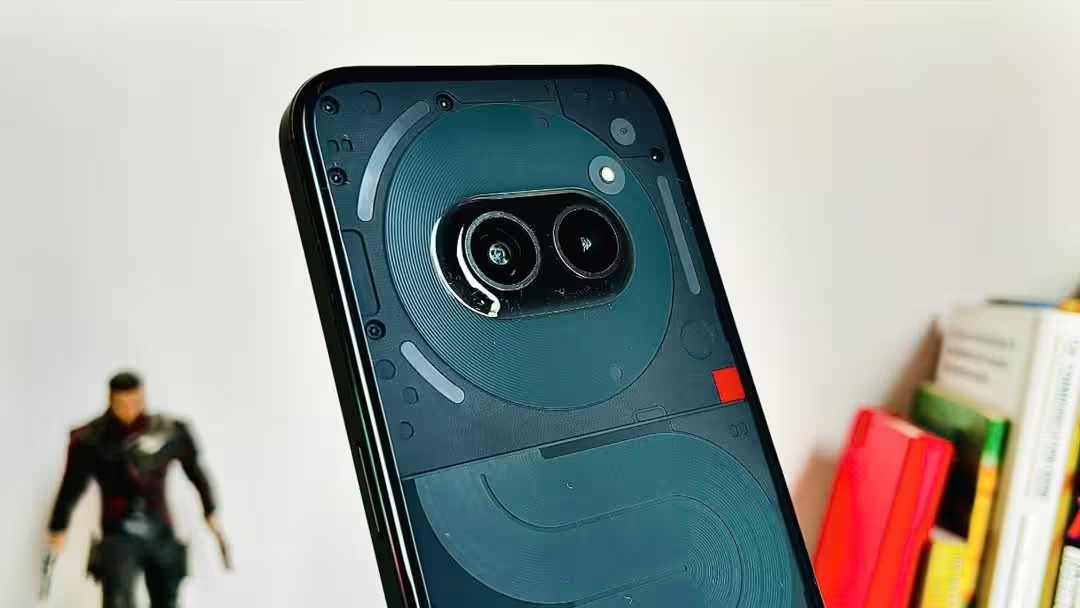Now Reading: Gopichand’s Stark Sports Reality: ‘If You’re Not Rich…’
-
01
Gopichand’s Stark Sports Reality: ‘If You’re Not Rich…’
Gopichand’s Stark Sports Reality: ‘If You’re Not Rich…’

Is Sports Really a Safe Career?
Hyderabad recently hosted an event where badminton legend Pullela Gopichand and young cricket star Gongadi Trisha appeared. You might think Gopichand, being a national coach, would be happy with more young people getting into sports. But, this former champion thinks parents should really consider things before pushing their children towards sports careers.
A Stark Warning for Aspiring Athletes
Talking to the press, Gopichand, known for making India a badminton powerhouse, gave a strong warning. He actually advises parents not to let their kids choose sports professionally. Why does he say this? Because he believes our country isn’t ready to provide sports as a reliable job path. He says it’s only a good option if you’re already wealthy or have a family business to rely on.
He explains his simple concern. The harsh truth is, very few athletes truly hit the big time in sports. Furthermore, those who don’t become top players often miss developing other important skills. Therefore, when they stop playing around 30, they can struggle to find a new direction.
No Safety Net for Failing Athletes
This worry grows because sports are becoming more appealing, thanks to programs like Khelo India. Big companies and initiatives are making sports look like a great career. However, Gopichand points out a big problem: there is no backup plan if young athletes don’t succeed. What happens to them then?
Gopichand points out a hard truth. “The reality is,” he says, “less than 1% of those who take up sport end up having it as a profession.” Cricket might offer slightly better chances, he admits. But generally, sports careers are for a tiny percentage. He then asks important questions. “Where do all the others end up? What do they get after all their hard work?”
Respect Elusive Even for Medal Winners?
From his Hyderabad academy, watching young players train, Gopichand shares a concerning thought. Olympic medal winners, working government jobs, often hold lower positions than regular office workers. These officers continue to get benefits until they are 60. On the other hand, athletes who give everything for their sport, may have to call these officers “sir” or “madam.” They rely on these officers to understand and respect their sporting wins. Even worse, they might even face bosses who simply don’t care about sports.
This makes Gopichand question something fundamental. Should athletes, who represent our nation, depend on society for respect, which they may not even get? He wants us to reflect on something important. “Think about all the athletes who played for India and won medals in the last 20 years.” He urgently asks, “Where are they now? What is their future? What can they actually earn to live?”
Real Life Struggles of Sports Stars
He gives a striking example: Jyothi Yarraji, an Asian Games medalist, is still looking for a decent job! Gopichand is also sad about how hockey legends Dhanraj Pillay, Mukesh Kumar and shooter Vijay Kumar have been treated after their huge achievements. “Considering all they have done for India,” he asks, “is this really the thanks they deserve?” He then raises a central question. “If this is the case, how can we tell our children to go into sports?”
Even hockey legend Mukesh Kumar told the press that jobs are hard to find even for top hockey players nowadays. He agreed with Gopichand’s worry. “In our time,” Mukesh Kumar said, “we were able to get jobs.” He adds with sadness, “Now, many big companies and banks have stopped hiring hockey players.” He calls the current situation “depressing.”
Time for a Sports Safety Net?
Gopichand believes there is a clear solution if we want more professional athletes. Society needs to create a safety net for them. “To really succeed,” he points out, “athletes also need skills outside of just their sport.” He mentions things like communication and presentation skills. Even more importantly, he says, they need the drive to do something different after they retire from sports. “Often,” he concludes, “that motivation is simply missing.”























